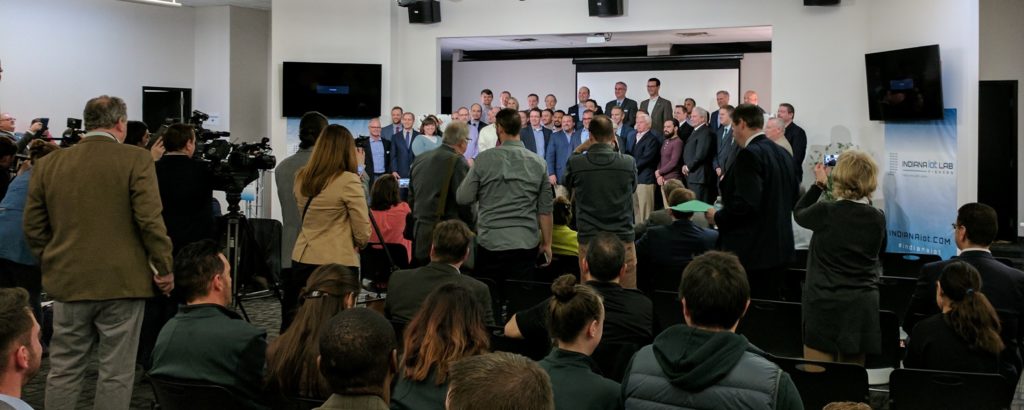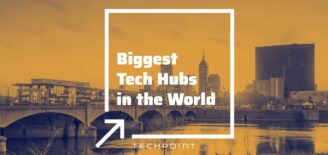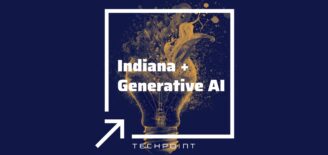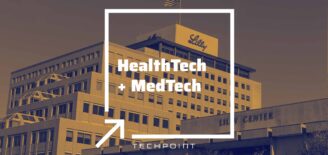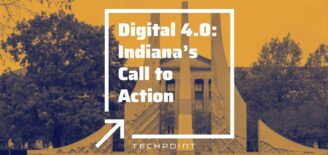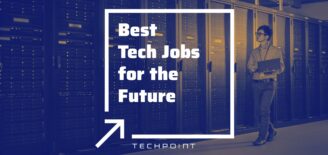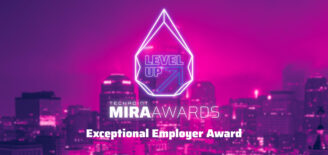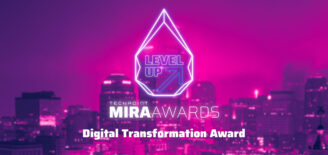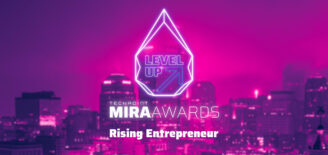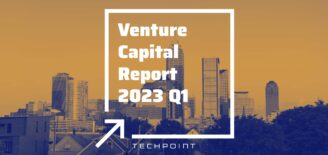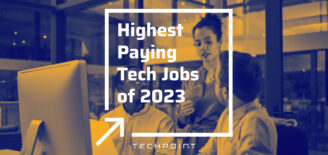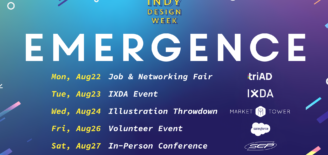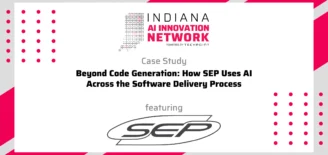How digital transformation is moving Indiana forward
Much like today’s mobile technology — something I’m intimately familiar with as CEO of MOBI — Indiana’s business landscape is evolving and changing. The legacy, blue-collar framework of Indiana is being challenged by technology startups and dramatically shifting statewide innovation priorities.
As Indy-based businesses fight to free IT budgets from legacy software system limitations — —something nearly 80 percent of all organizations struggle with — digital transformation initiatives have become imperative to future enterprise success.
While companies today each have unique needs and goals, virtually every organization is being challenged by the explosion of unified technology management and advanced endpoint device deployments. Ideas and initiatives are organically being driven by employees or, better yet, the first item on executive team agendas. Very few organizations will experience growth or scalability without some type of game changing digital evolution.
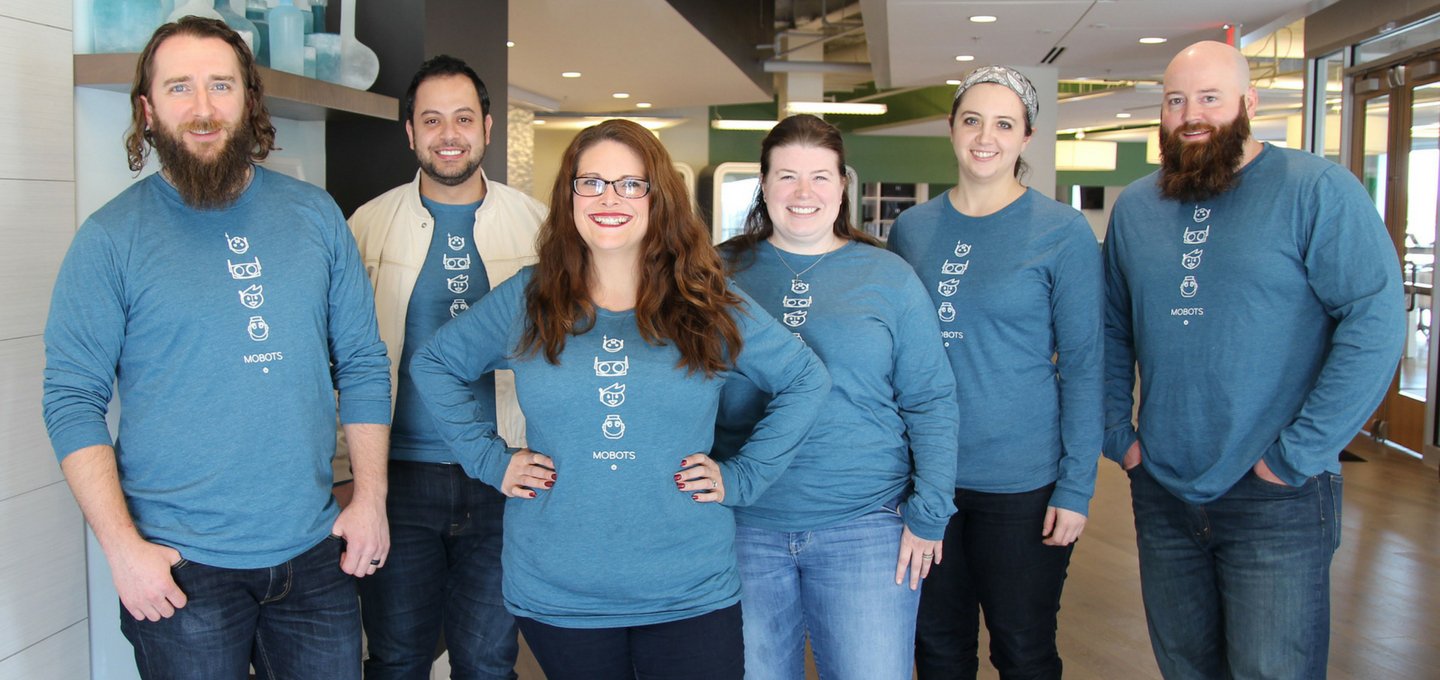
Done well, it’s impossible to deny the enormous potential digital transformation can create. In fact, many Indiana businesses are already implementing initiatives to revolutionize enterprise capabilities, identify new revenue streams, deploy the next wave of connected devices and simplify mobile technology management programs.
Anything but business as usual
When you think of Indiana, we are often overlooked as a trend-setting innovation hub. But, that’s exactly what our local Hoosier innovators are creating. Indiana-based businesses are following the early example Fortune 500 companies provide by leveraging digital transformation to enhance technology management tasks. Entrepreneurs are uncovering the right balance of being nimble and risk-averse to lead with ideas and, more importantly, execute with persistence.
After incorporating advanced mobile devices, cloud computing solutions, and Application Programming Interfaces (APIs) into existing IT systems and processes, new products and services can be created to satisfy ever-expanding customer bases — regardless of the organization’s industry. And that doesn’t even include universal business benefits like improved endpoint security, more efficient IT architecture, and accelerated decision-making capabilities.
For example, prior to winning TechPoint’s 2018 Corporate Innovator of the Year Mira Award, the City of Indianapolis took digital transformation to heart and put its Shift Indy initiative into action. By collaborating with every government department and agency, as well as soliciting feedback from private enterprises, civic organizations, and nonprofit organizations, this two-year initiative to increase and improve government services compiled a list of more than 1,000 desirable technologies and tech-enabled service delivery opportunities it could improve.
Since then, Shift Indy’s results have been nothing short of revolutionary; through this effort, Indianapolis created a modern approach to traditional government that actively engages the public. In addition to always-available government service requests, the city established community kiosks to serve as digital versions of city hall — implementing 25 new processes that replaced time-intensive, expensive, and manual workflows in the process.
Show me the money, Jerry!
Increasingly, digital transformation decisions are directly impacting bottom-line performance. In fact, firms that reach the advanced stages of digital transformation generate more revenue, productivity, and market share than their digitally immature competitors. Those that move slowly stand to lose as much as $79 million for every billion dollars of revenue generated moving forward.
Trends like this one help Indy-based businesses understand the true value of digital transformation and advanced initiatives like the Purdue Research Park — a network of four interconnected research sites that includes the nation’s largest university-affiliated effort. By concentrating innovators from almost 200 local enterprises to incubate commercial technologies, the state is able to create more than 4,000 jobs and one billion dollars every year.
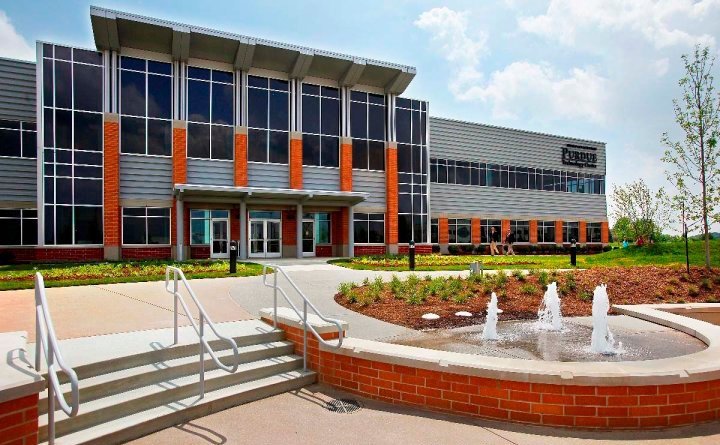
What makes Indiana unique are the parallels both public and private organizations share around innovation. MOBI partner KAR Auction Services Inc., for example, has spent tens of millions of dollars over the last seven years to acquire a handful of tech-focused firms. Today, it maintains a 1,000-employee technology team whose primary responsibility is developing disruptive software tools that drive new revenue opportunities like mobile auction bidding, automated vehicle maintenance suggestions, and global tracking systems.
More endpoints, more opportunity
As mobile continues to open opportunities, clear and consistent planning efforts are becoming essential to combat the risks these long-term deployment plans create. Businesses must align internal management strategies with key organizational priorities if they hope to successfully navigate digital transformation.
One example of this modern corporate mentality is Allegion, which employs more than 600 engineers to manage its inventory of Augmented Reality (AR), Virtual Reality (VR), Artificial Intelligence (AI), machine learning, serverless architecture, and biometrics technologies. Through independent research initiatives and innovation projects like its Trailblazer contest, the company’s employees spend up to 10 percent of their daily workload focused on digital transformation — resulting in more than 200 new idea pitches to senior leadership last year alone.
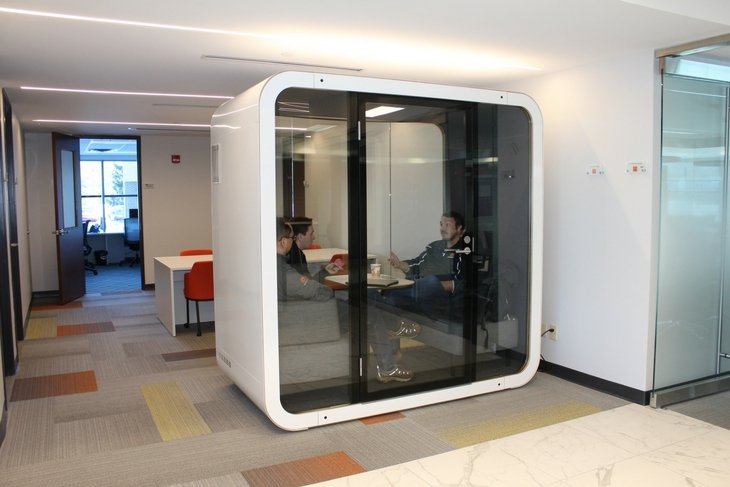
For those who prefer an accelerated approach, external technology management partners can be integrated for immediately actionable expertise and a third-party mobility management burden shift. This acquisition not only frees up internal IT resources for more strategic roles, but also creates more consistent IT process improvements and more impactful digital transformation gains in the long run.
Consider one of the state’s most recent and innovative examples — the Indiana Internet of Things (IoT) Lab, founded by TechPoint’s 2018 Mira Awards Trailblazer Award winner John Wechsler. By giving businesses a safe space to experiment with advanced IoT solutions before they’re officially adopted, organizations can concentrate on the lasting effects of digital transformation and mitigate future risks more effectively than ever — not to mention create as much as two trillion dollars in new, IoT-driven opportunities.
If it’s not already abundantly clear, there’s more than corn in Indiana. As mobile endpoint devices and digital transformation initiatives grow exponentially, don’t be surprised to see a digital transformation idea move to #1 on your next meeting agenda.
Want to hear more about digital transformation and how it drives mobile technology experts forward? Then join us at Untethered Summit 2018! Hosted by MOBI, this annual event connects thought leaders from all over the world to discuss enterprise mobility and how it’s impacted by digital transformation.

